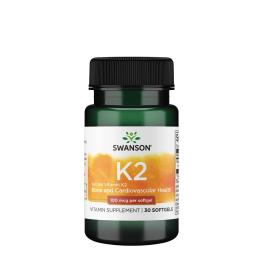Vitamin K is made up of a number of similar fat-soluble compounds. Vitamin K is essential for the production of proteins involved in blood coagulation. In addition, vitamin K is needed to make proteins that are involved in the health of bones and arteries.
Vitamin K deficiency is a life-threatening condition because without blood clotting we can bleed to death, but it is very rare, mostly occurring when someone has been on a long course of antibiotics or has a fatty liver disease. Vitamin K deficiency is more common in newborn babies.
Vitamin K-rich foods:
- Green leafy vegetables (broccoli, spinach, kale, lettuce)
- Beetroot
- Soybeans
- Cashew nuts
- Pine nuts
- Beef
- Olive oil
Recommended daily intake (RDI) of vitamin K:
- 0-6 months of age 2.0 mg
- 7-12 months of age: 2.5 mg
- 1 to 3 years of age: 30 mcg
- 4-8 years: 55 mcg
- 9-13 years: 60 mcg
- 14-18 years: 75 mcg
- Over 19 years: 120 mcg for men, 90 mcg for women
- Pregnancy: 90 mg, breastfeeding: 90 mg
The maximum tolerable upper limit for vitamin K is not specified as it is not expected to cause breast effects even in high amounts.








































